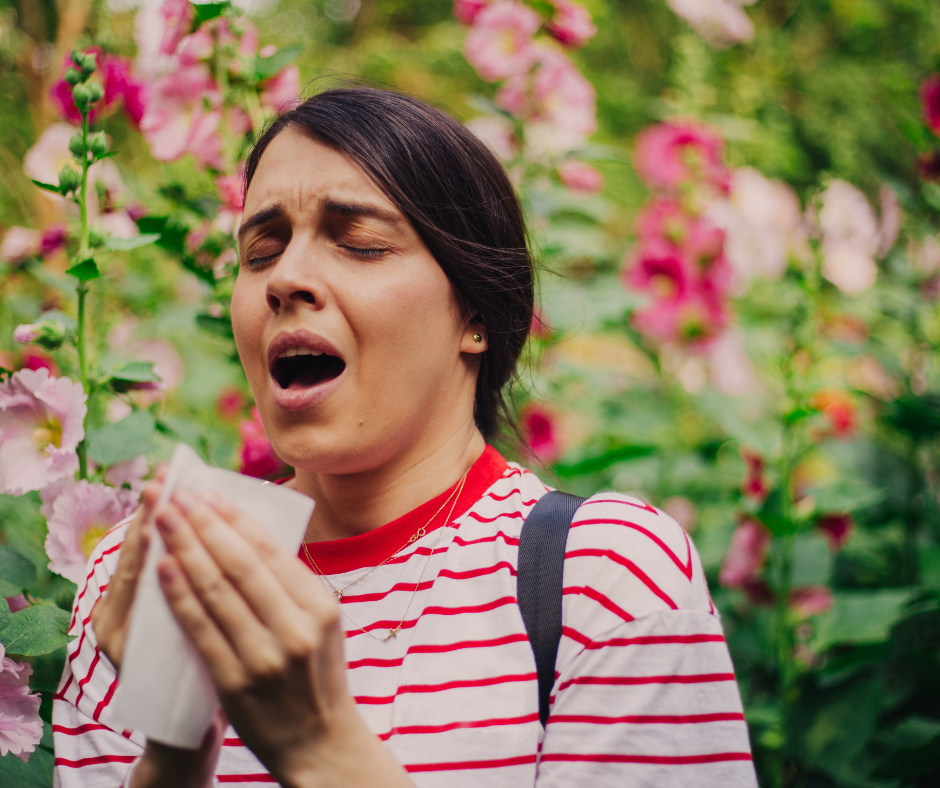Calm Without Pills: 5 Surprising Anxiety Solutions That Actually Work
- Cornelius T Brown Jr.
- Mar 30, 2025
- 3 min read
Updated: Apr 28, 2025
If you’ve ever been told to “just relax” during moments of anxiety, you know how frustrating that advice can be. Fortunately, new research shows there are real, tangible ways to help calm your nervous system — and some of them are surprisingly simple, natural, and even enjoyable.
Let’s dive into a few science-backed strategies for calming anxiety, from cold plunges to probiotics.

Cold Exposure and the Vagus Nerve
Ever heard of the phrase “take a cold shower to calm down”? It turns out, there’s real science behind it.
A fascinating study published in Nature Human Behaviour (2023) found that just 30 seconds of cold water immersion at 14°C (about 57°F) activated the mammalian dive reflex — an ancient survival response that slows your heart rate and sends a wave of calm through your body. Participants experienced a 38% reduction in state anxiety after the brief dip (Tipton et al., 2023).
Not ready to dive headfirst into icy waters? Good news: simply applying ice packs to your face or neck can stimulate the vagus nerve — the major nerve that helps regulate stress responses — offering similar calming effects.
It’s a small, manageable ritual you can build into your daily routine, especially during anxious moments. Think of it as a quick "reset button" for your nervous system.
Herbal Therapies with Clinical Efficacy
Plants have been humanity's original medicine cabinet, and modern science is starting to confirm what traditional healers have known for centuries.
A 2023 meta-analysis published in Phytomedicine found that Passionflower (Passiflora incarnata) was just as effective as oxazepam (a prescription anti-anxiety medication) for managing generalized anxiety disorder — with fewer side effects (Kasper et al., 2023). If you’ve been hesitant about medication or are looking for natural supplements to support your mental health, Passionflower could be worth considering (under a doctor’s guidance, of course).
Meanwhile, a 2024 review in Frontiers in Pharmacology found that Lavender oil (specifically Silexan) reduced anxiety symptoms as effectively as lorazepam, a common anti-anxiety drug, but without the sedation or "brain fog" that medication can sometimes cause (Engel et al., 2024).
The takeaway? Nature might just have a few powerful allies for calming the mind.
Probiotics and the Gut-Brain Axis
Believe it or not, your gut and your brain are in constant communication. Scientists call it the gut-brain axis, and it’s rapidly becoming one of the most exciting areas of mental health research.
A 2023 study in JAMA Psychiatry showed that taking Lactobacillus rhamnosus (10⁹ CFU/day) for 12 weeks led to significant reductions in anxiety symptoms, especially among individuals with irritable bowel syndrome (IBS) (Valles-Colomer et al., 2023). Researchers believe that probiotics help modulate GABA signaling — the same calming neurotransmitter targeted by many anti-anxiety medications.
Even more futuristic? Early trials suggest that fecal microbiota transplants (yes, poop transplants) could help people with treatment-resistant anxiety (Molecular Psychiatry, 2024). It’s not quite mainstream yet, but it's an exciting frontier in holistic mental health care.
Light and Screen Hygiene
Finally, in a world that’s always "on," sometimes one of the best things you can do for your anxiety is to power down.
A 2024 study in The Journal of Psychiatric Research found that limiting social media use to less than 30 minutes per day and avoiding blue light exposure after sunset significantly reduced anxiety levels — with effects comparable to low-dose SSRI medications in young adults (Liu et al., 2024).
Simple shifts like putting your phone away an hour before bed, using blue-light-blocking glasses, or setting time limits on your favorite apps can have a surprisingly profound impact on your mood and stress levels.
Final Thoughts
Anxiety can feel overwhelming, but science is continually offering new hope — not just through pharmaceuticals, but through lifestyle shifts, natural therapies, and even cold water splashes.
If you're curious about trying any of these strategies, remember: small steps add up. Maybe start with a 30-second cold face dunk in the morning or swap your nighttime scrolling for a lavender-infused cup of tea.
Your nervous system — and your future self — will thank you.
References
Tipton MJ, et al. Nat Hum Behav. 2023;7(4):579–591.
Kasper S, et al. Phytomedicine. 2023;89:153612.
Valles-Colomer M, et al. JAMA Psychiatry. 2023;80(8):787–795.
Engel S, et al. Front Pharmacol. 2024;15:102301.
Liu Z, et al. J Psychiatr Res. 2024;166:23–31.



Comments